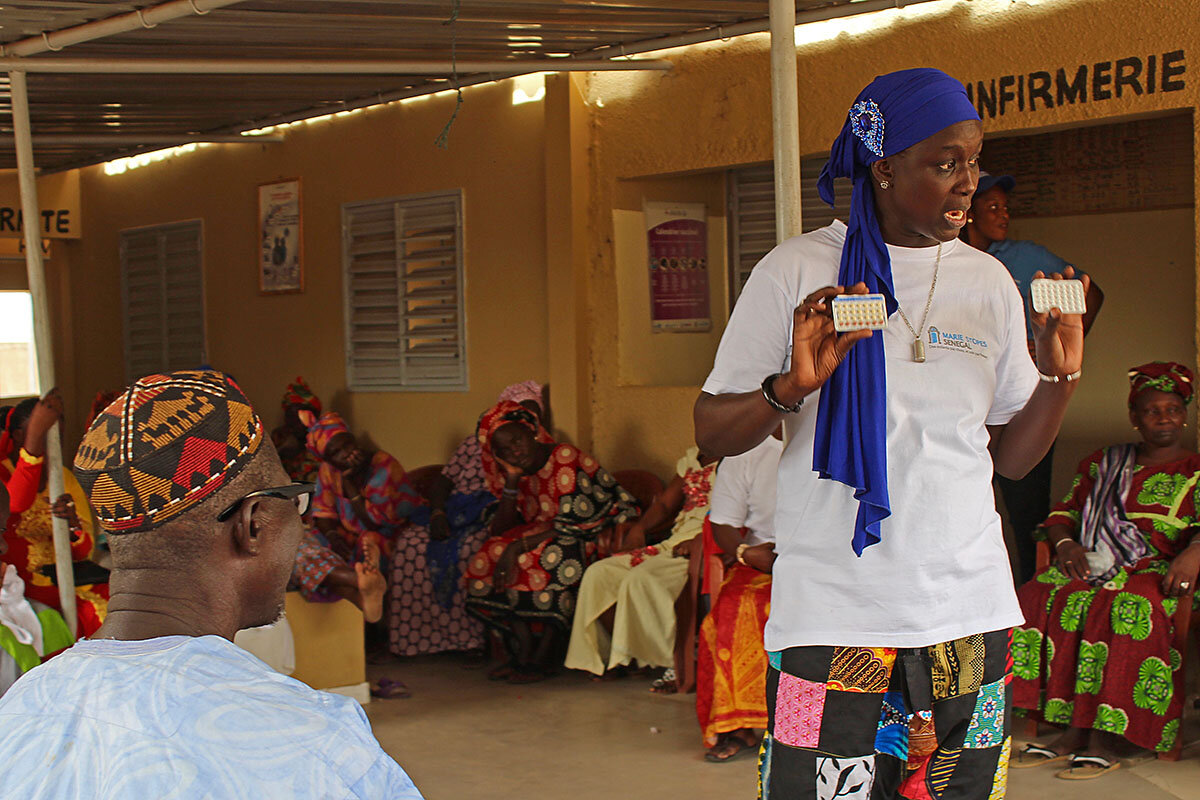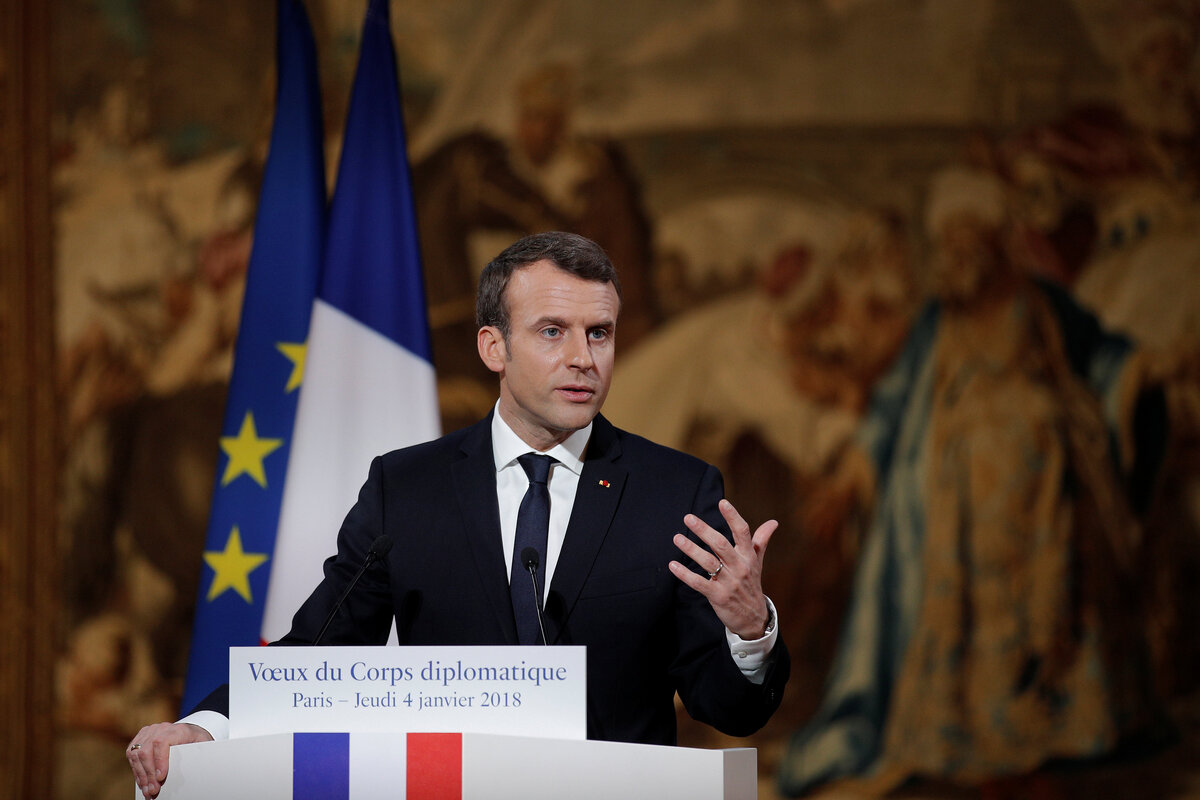President Trump has dramatically changed the tone of the conversation on North Korea. While some applaud that and others worry, it's worth remembering that many factors beyond two leaders' war of words shape the likelihood of conflict.
Monitor Daily Podcast
- Follow us:
- Apple Podcasts
- Spotify
- RSS Feed
- Download
 Amelia Newcomb
Amelia Newcomb
Last week, a remembrance of the late Judge Thomas Griesa set me thinking about ongoing debates over “true” justice.
Judge Griesa, a Nixon appointee, served for some four decades on the US District Court for the Southern District of New York, including as chief judge. The values he prioritized led me to ponder how tempting it can be to view judges through a political rather than a professional lens – and how polarizing the discussion around nominees can be when politics seems to have the upper hand. Just recall the recent shock when a federal bench candidate couldn’t answer senators’ basic questions about how he’d conduct courtroom business.
Strong qualifications foster public trust in judges, with whom we may not agree and whose decisions over time may not seem to reflect the political leanings of the president who appointed them. The formidably credentialed Griesa could hardly be pigeon-holed: Could Manhattan build its massive Westway project in the 1970s? No – he called favorable environmental studies “sheer fiction.” Redevelop Times Square? Yes – the state had committed to “necessary mitigation.” (Not everyone agreed.) He found for the Socialist Workers Party over the FBI in 1986, and for hedge funds over Argentina in 2012.
President Trump’s judicial picks, like those of his predecessors, are being closely scrutinized for their long-term impact. Griesa reminds us of what establishes confidence. As Colleen McMahon, now chief judge of the District Court, put it: “He was particularly proud that he and the other judges with whom he has served have been assiduously nonpolitical."
Now to our five stories, showing the power of perspective, honesty, and shared commitment to progress.










